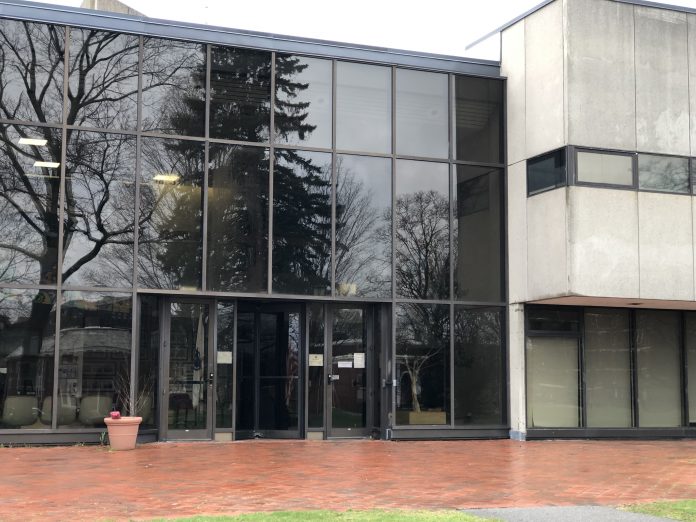A dual tax rate that shifts the burden to businesses may save homeowners some money next year.
The Town Council voted 9-0 on Nov. 27 to adopt a 128% commercial, industrial and personal property (CIP) shift, which places more of the town’s tax burden onto commercial properties. Residential properties would be taxed $11.56 per $1,000 assessed value of properties, while commercial and industrial property rates would be $15.55 per $1,000.
The proposal now awaits approval from the state.
The shift marks a tax decrease for residents and increase for businesses. In 2022, the town proposed that residences be taxed at $12.79 per $1,000 assessed value. That same year, commercial and industrial properties were taxed at $15.48 per $1,000 assessed value. The town adopted this higher tax rate for businesses in 2019.
Council Vice President and Economic Subcommittee Chair John Simmons said the reason for shifting the tax burden onto businesses was the increasing value of housing properties. This year, North Attleborough’s average assessed home value increased from $497,147 to $569,000, or 14.45 percent.
If the dual tax rate remained the same as in FY23, residential property owners would pay an additional $344.31 in taxes. Under the new tax rate, the average homeowners would only pay an increased amount of $219.13, while commercial and industrial properties would pay $231.10 and $295.51 in taxes, respectively. The average homeowner would save $125.18 under the new tax rate
“The increase in value on the homes would have also increased taxes,” Simmons said. “You would have ended up with a significant deduction for the commercial properties too.”
Under Massachusetts law, a town is limited on the amount of property tax revenue it can raise through real estate and personal property taxes. The law, known as Proposition 2 ½, refers to the 2.5 % limit on how much a levy can be increased each year.
During the meeting, Councilor Mark Gould proposed using $1 million in Free Cash to reduce the levy as a tax relief for residents. Under Gould’s plan, homeowners would receive $97 in additional savings for the fiscal year. The plan was tabled, however, after several councilors expressed their disapproval.
Simmons said the CIP shift would provide more relief to homeowners than the $97 provided by the $1 million in Free Cash. He said there were additional needs the town must address, such as repairs for the elementary schools and payment for the new Tri-County School.
“In business, you budget for an unknown expense,” Simmons said. “We aren’t talking about imaginary expenses; we are talking about real expenses.”
Despite the tax increase on commercial and industrial properties, one business owner who attended the meeting deemed the council’s actions fair.
Paul Belham Jr., vice president of Bell’s Powder Coating, said his company relies on contracting work to generate income and hire employees and that a heavy tax would decrease their revenue. Belham said this tax shift was not harsh and called the council’s proposal “common sense.”
“Tonight, you proved you really care about business,” Belham told the council. “I applaud you for your decision.”

